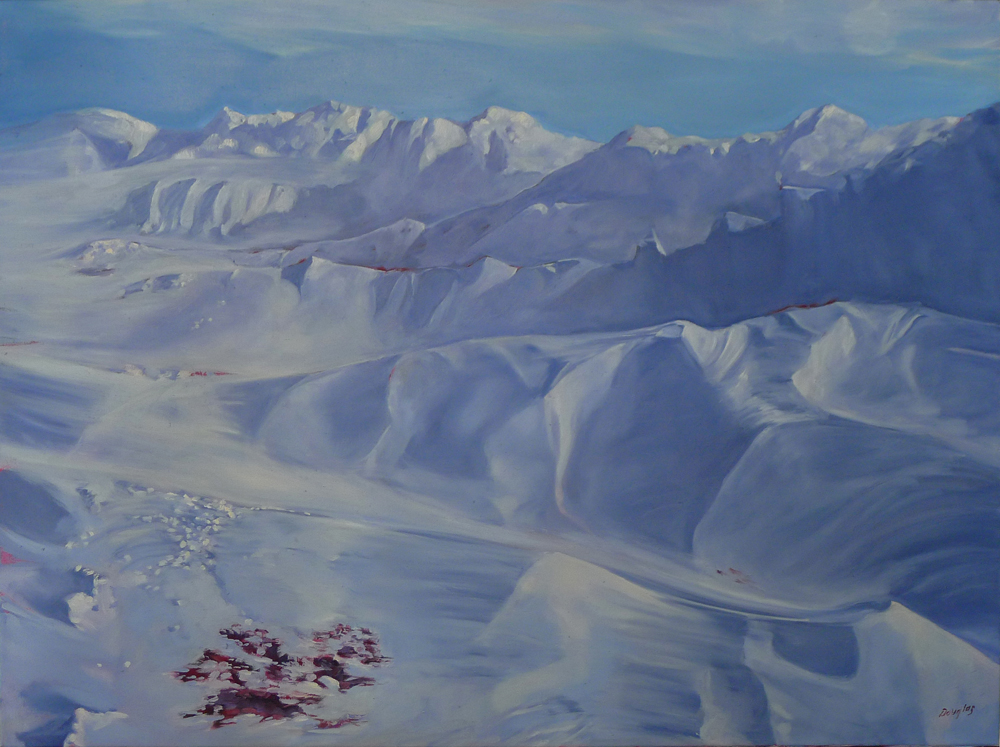
I slept through most of Halloween, meaning I missed one of America’s key spending holidays. My fellow citizens were expected to lay out more than $10 billion on—what, exactly? Candy? Fake spider webs?
“When you think of it, all the world's great stories have an element of the supernatural,” my student Mark Gale told me recently.
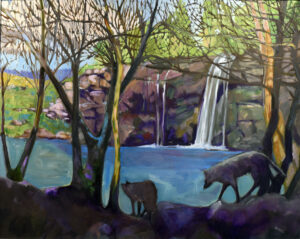
It’s a thesis I’ve tested against my own taste in literature. It’s there in the Homeric epics, where the gods intervene in human affairs in very human ways. All the books of the Bible are about relationship between God and man. Dante’s Divine Comedy is a fantasy about cosmic justice. Charles Dickens and Anthony Trollope wrote within the Victorian understanding that God is ever-present. Kurt Vonnegut (if you didn’t read him at 20, you had no heart) was an atheist, but wrote in the supernatural. Haruki Murakami is a modern-day shaman. Even dystopian novels like Nineteen Eighty-Four and Brave New World are about malign power beyond the merely human.
Apparently, contemporary readers feel the same about magical realism. Fantasy literature is one of the great successes of modern bookselling.
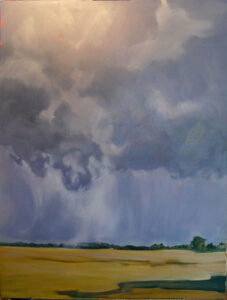
The supernatural, in the form of religious painting, is the foundation of western art. We invented painting largely to explain the Bible. Now that almost everyone reads, religious art no longer serves that purpose. But we can see its power in works like the Ghent Altarpiece.
However, magical realism never made the leap to modern painting. Surrealism was a minor mid-century phenomenon that was rendered superfluous by moving pictures. Giorgio de Chirico and Salvador Dali were probably its greatest practitioners, but neither had any profound impact on art history. Surrealism lives on in the work of Frida Kahlo, but Fridamania is probably more a cult than an art movement.
This is a disconnect I feel strongly. I’ve been a Christian convert for about thirty years. You’d think I could express that through art. However, I’ve had little success. The exception was a series of paintings I did for a solo show called God+Man at Roberts Wesleyan’s Davison Gallery in 2014. It was hardly a cutting-edge idea or treatment, even if the paintings themselves are good.
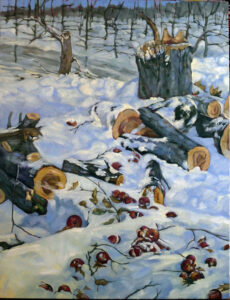
Part of that is the crushing weight of sixteen centuries of great religious art. There is nothing that I can say about the stories of the Bible that hasn’t already been said by hands and minds trained to the task.
I’ve argued that this is enough; that in Creation we see God. But that’s starting to feel like an insufficient argument. Is landscape enough? If not, how does an artist start insinuating his or her higher thoughts into the work?
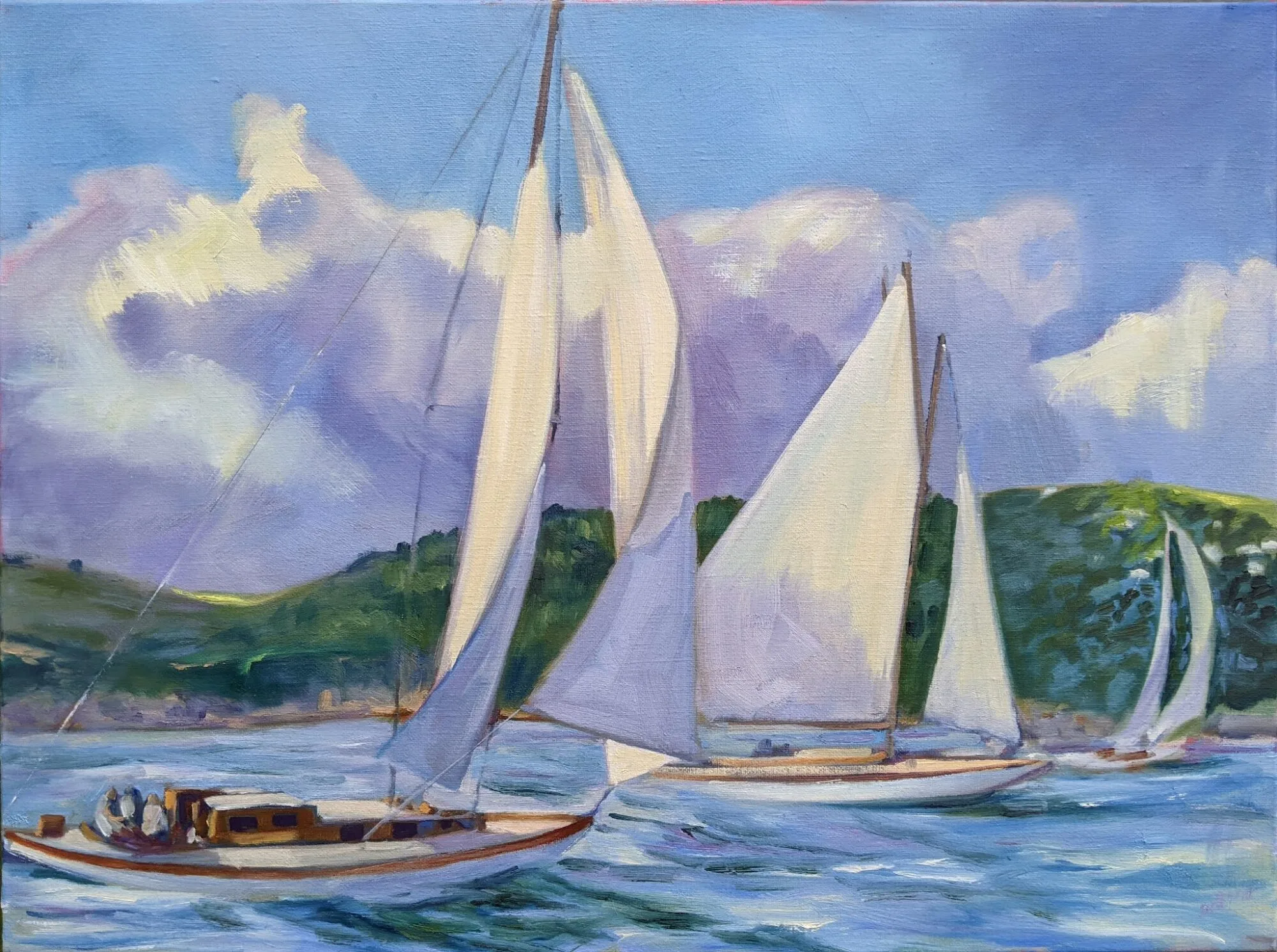
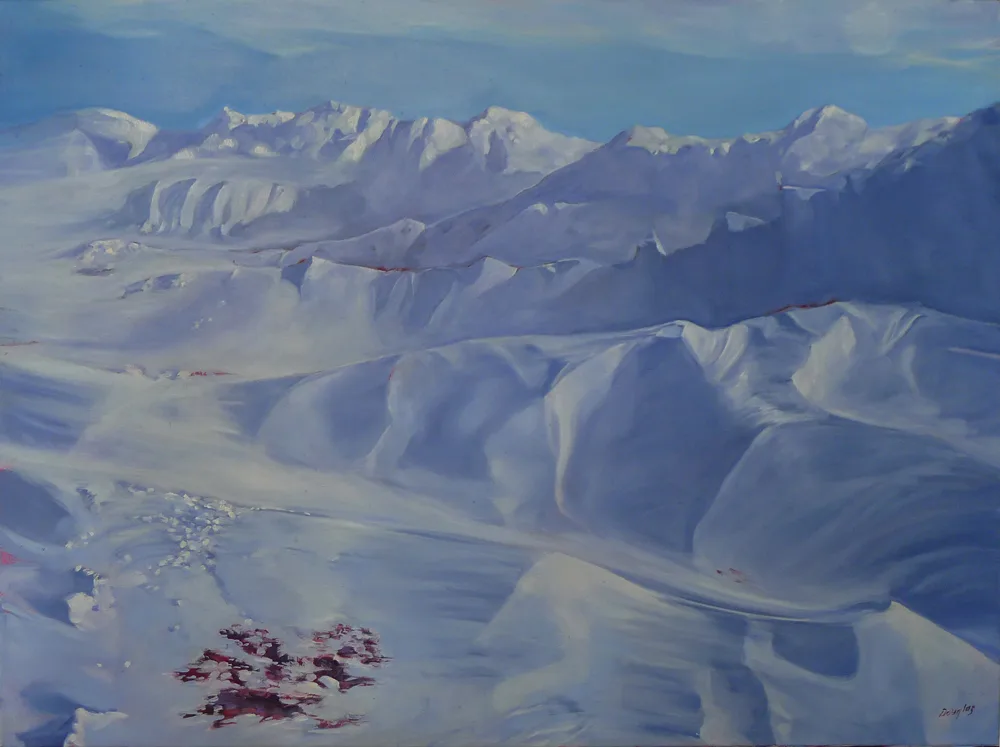
Interesting insights, Carol. I look at art every day and ask why it is compelling, or not. Perhaps Rockwell Kent or The Group of Seven, or even Wyeth, helped us see not just what is there but that there is always more “there” than pure realism would show us.
As a consumer, we don’t much talk about what we see in artwork of any medium. (paintings, photos, books, movies) If it’s online, we can conveniently give it a thumbs up or heart and keep on scrolling. Maybe if it hits a funny bone or nerve, a “share”. That’s the extent. Normally people don’t talk about the meaning and story they see in a piece of art. Maybe people did more so before widespread literacy?
I tend to look at art and classify it’s style even before looking for the story or meaning. Story and meaning is good but I’m not often a good judge of that. I’m quite often not on the same wavelength when it comes to shared thoughts and have failed many book reports because I understood what I read differently than what was expected. I’m culturally out of touch. And it’s already widely understood that art is what it means to the viewer rather than the creator.
Jason, you’re one of the most insightful commentators on modern art that I know. If you failed your book reports, that was a failure of your teachers, not of your mind.